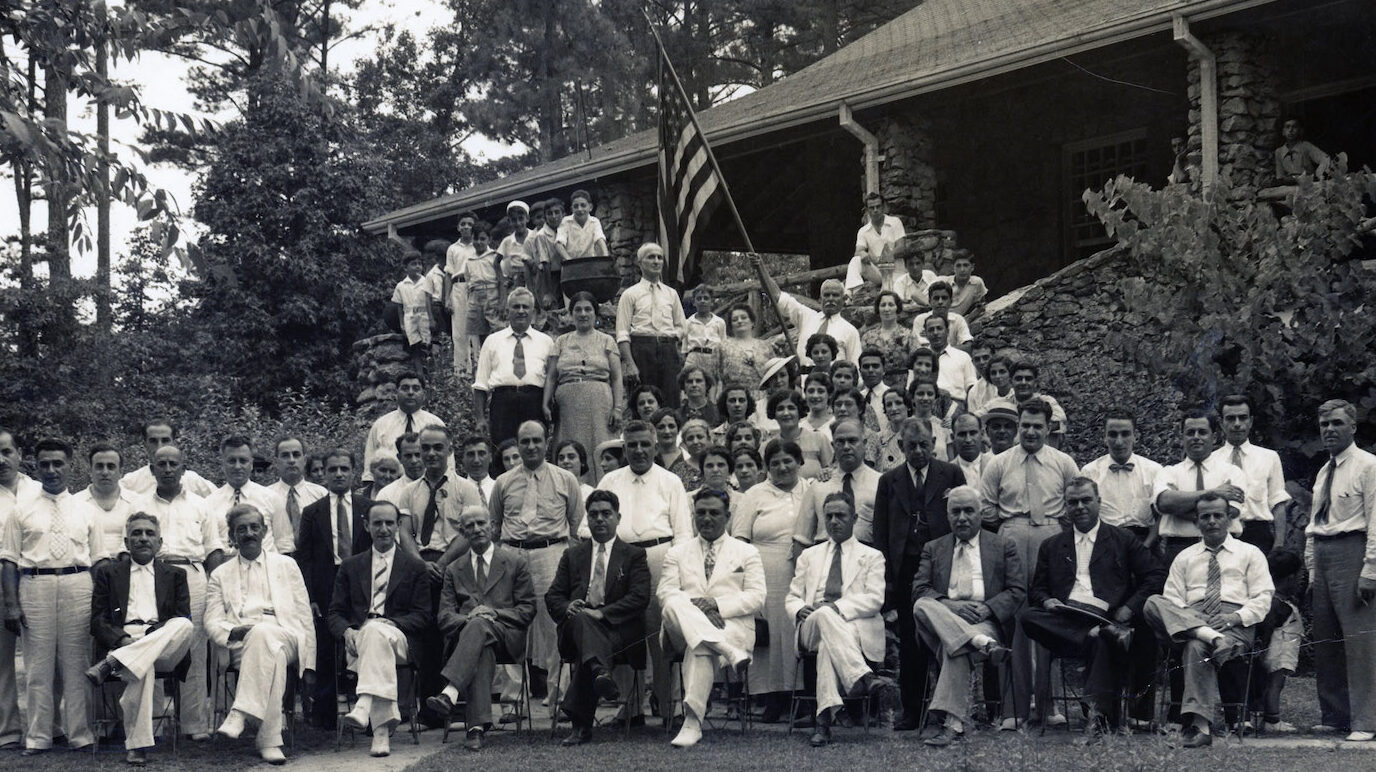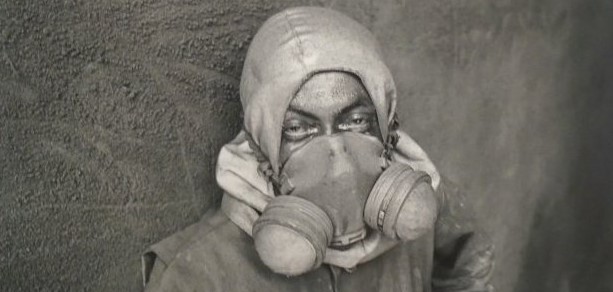The Importance of Oral History
As many of you know, The Lebanese in North Carolina Project began as an endeavor to collect oral testimonies from members of the community; to document stories of family, work, immigration, religion, food, marriage, education and more. And we succeeded in conducting over 50 interviews with people living around the state as well as a select few in New York and Lebanon.
Beginning the Project with the stories and voices of those who live this history was important to us for two reasons: First, there’s a paucity of sources (primary and secondary) dedicated to understanding the transmigrational history of the Lebanese in North Carolina (or Middle-Easterners to the American South). We wanted to fill the gap between what is said to have happened and what actually happened. Second, we wanted to provide a forum wherein community members could tell the story of their lives and those of their family in their own voices. An especially powerful and educational tool, the oral testimonies we have collected offer a glimpse into the history of the community as well as the emotions felt by the interviewee. Recently, the Library of Congress interviewed Doug Boyd, an influential leader in the modern oral history movement, who works at the University of Kentucky’s Louie B. Nunn Center for Oral History (you can find his interview HERE). In his interview, he echoed the important sentiment about the power of oral history, which he called “living source material”:
Some of the interviewee’s details might be fuzzy –- memory is far from perfect –- but the recording captures something that eludes the historian: how a person felt or what he or she thought about a certain event, place or time that they experienced. Boyd said, ‘A recorded oral history is more than just a quote on a page in a book. It is a meaningful story expressed by the person who owns that story.’ And digital technology makes it possible to hear these stories anytime, just about anywhere (emphasis mine).
Later in the interview, Boyd discusses the difficulty of transcription and offers a home-grown method similar to the effort that we are considering for the oral testimonies we have collected. One of the best ways to contribute to the Project and to ensure that we are telling a comprehensive history of the Lebanese-American experience in North Carolina is to help us tell that story! If you would like us or someone you know to conduct an oral history of your life or if you would like to conduct an oral history, please let us know!
- Categories:


